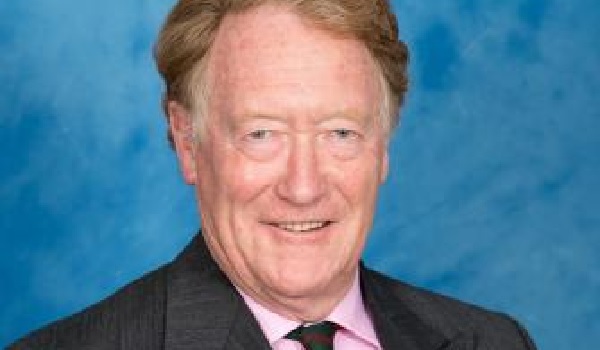PCC questions HMICFRS expertise on aircraft following damning report
A police and crime commissioner (PCC) has defended the tasking arrangements of the National Police Air Service (NPAS) after a critical inspection report revealed forces are charged inequitably.
A police and crime commissioner (PCC) has defended the tasking arrangements of the National Police Air Service (NPAS) after a critical inspection report revealed forces are charged inequitably. On Thursday (November 30), Her Majestys Inspectorate of Constabulary and Fire and Rescue Services (HMICFRS) criticised NPAS for weaknesses in governance, tasking arrangements, and its response times. It made several recommendations for the air service to consider, and HM Inspector of Constabulary Matt Parr said urgent reform was needed. Thames Valley PCC Anthony Stansfeld insists the National Strategic Board (NSB) responsible for setting the strategic direction of NPAS considered every possible way of tasking and the current model, which charges forces every time they request a helicopter, is the most logical and fair. Whatever formula you go to, some police forces are going to say its unfair or its not as good as it was. Youre not going to please everybody all the time. Mr Stansfeld, who ran British helicopters on the Falkland Islands and was previously managing director of the company that supplied airplanes to the police service, questioned the inspectorates knowledge of aircraft. My personal view is HMICFRS are not experts to put it mildly, he said. Whereas people like myself on the board, and the man who runs it operationally, know vastly more than they do about it. The report also revealed NPAS was spending large amounts of its capital on upgrading parts of old aircraft instead of replacing its ageing fleet, leaving it financially unstable. As helicopters reach the end of their life expiry dates, changes to gear boxes and engines must be made, making them more expensive to maintain. However, Mr Stansfeld claimed the helicopters are far from obsolete, noting that the Royal Air Force still operated Pumas bought more than four decades ago. He went on to praise West Yorkshire Police for the set-up of the air service, as he said the force made a pretty good fist at putting NPAS together considering the limited resources available to policing. NPAS will soon roll out fixed wing airplanes, which are less expensive to purchase and run, and stay in the air for longer than helicopters. Unless you need to land vertically, or look down roads between very high-rise buildings in the middle of cities, the actual requirement for helicopters on most of the tasks can be done by fixed wing, he added. And so we are moving to some fixed wing as well as helicopters. Whether we move to more depends on how successful they are. The Ministry of Defence (MoD) recently ordered 29 EC135 helicopters for training, and Mr Stansfeld called on the department to cooperate with the police service. Talks between the MoD and the NSB with on the joint maintenance, piloting and purchasing of aircraft have been without much success. On response times, Mr Stansfeld said budget cuts have forced a reduction in bases, which has subsequently led to longer distances for the helicopters to travel. Its not up to HMICFRS to make helicopters faster, Im afraid. Its outside their bounds of responsibility and capability. He added: This is not something that it controls, nor does the police service itself really control.


